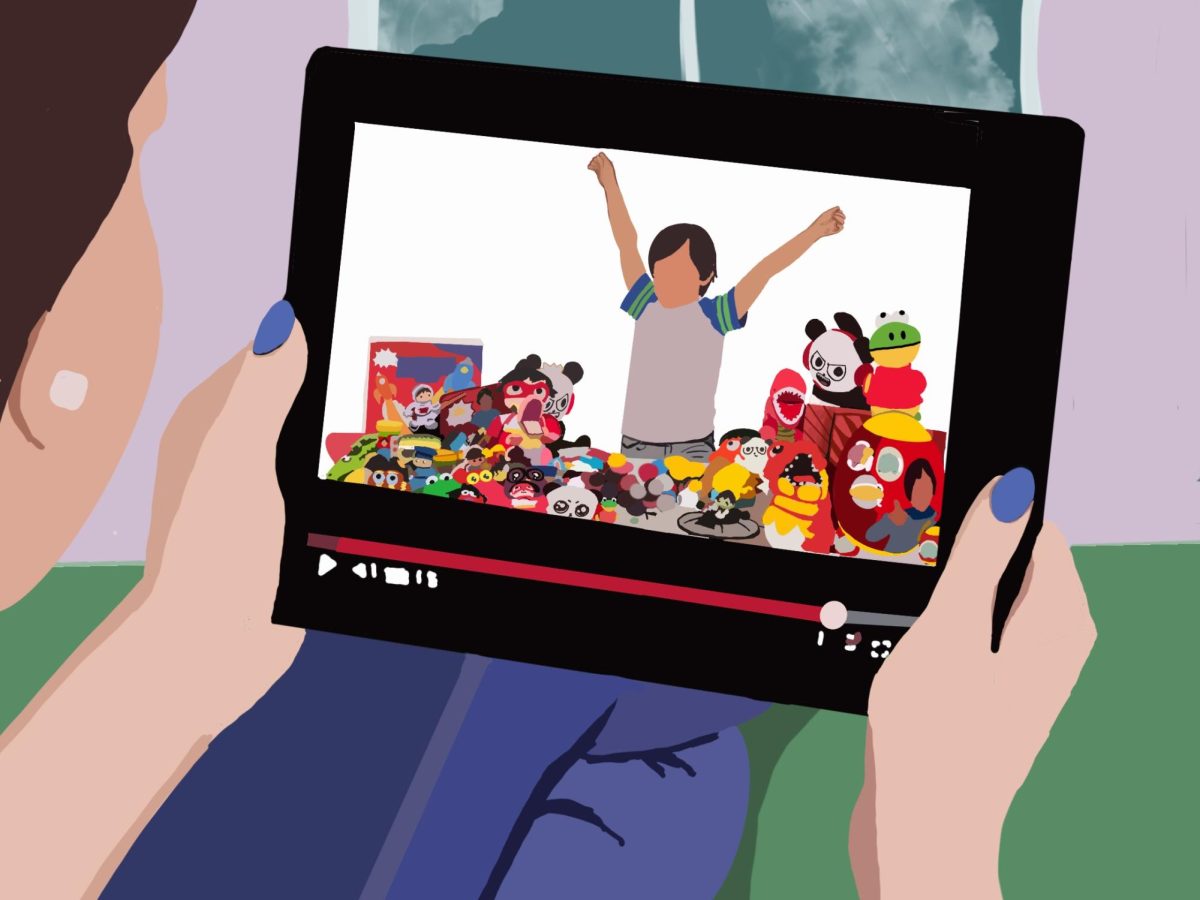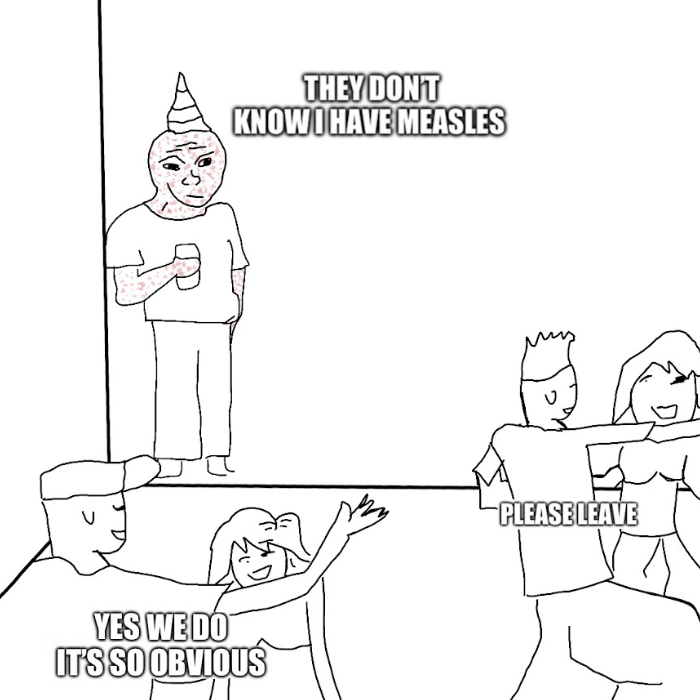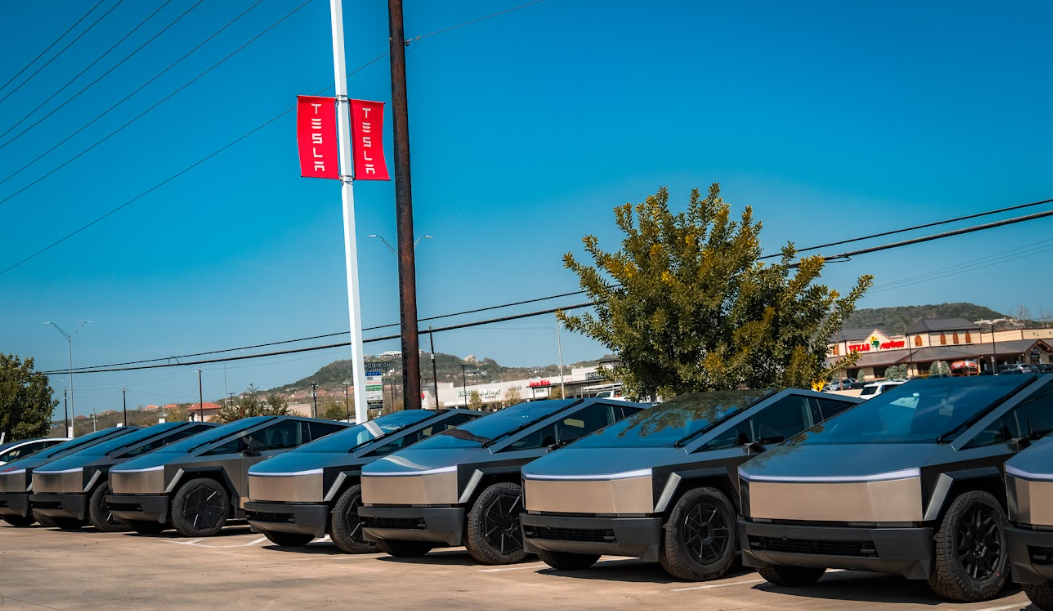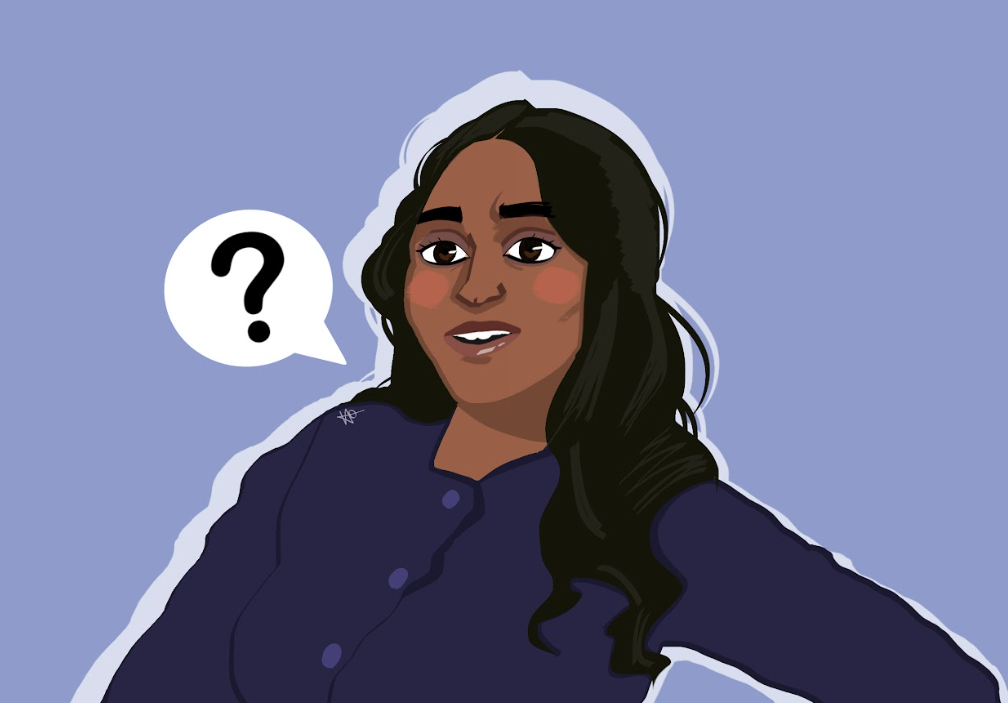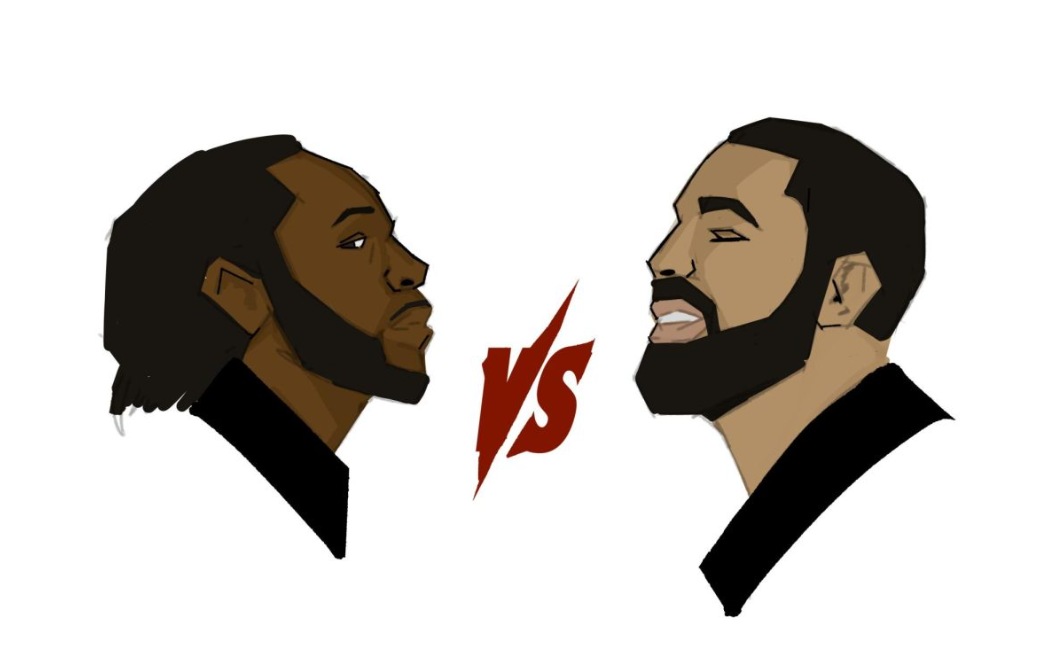As we dive further into the digital era and our addiction to social media intensifies, the creators behind our screens profit. There are a variety of creators catering to our interests, making content we want to see. But as the social media industry grows, we begin to see younger influencers, some even as young as two years old. And yes, these minors are able to earn money from being influencers; but are they actually accessing what they earn?
Instagram, TikTok and YouTube are all platforms where content is available to us anytime, any place, anywhere. Influencers can create content for their viewers and earn anywhere from hundreds to thousands of dollars, and this is not limited to adults. Any parent can create an Instagram account for their child, and many have. Influencer families, such as the Ace Family, have made content creation a part of their everyday lifestyle. With their children in the limelight, the parents, Catherine and Austin McBroom, are able to earn money off their personal accounts.
Because there are not enough laws to protect these children –– similar to how child stars were financially exploited back in the day –– there is no telling how these children’s earnings are being distributed. However, in 1939, a protective law was established to keep child actors from enduring financial abuse. This law, known as the Coogan Law, unfortunately does not extend to child influencers. The Coogan Law, otherwise known as The California Child Actor’s Bill, requires that a percentage of child actor’s earnings are placed into a trust that the child can access once they turn 18. This law also extends to child models and voice actors.
The Coogan Law goes by other names in other states, but the rules stay the same. “15% of a minor actor’s earnings must be saved until they reach adulthood –– and these accounts are required in New York, Louisiana, Kansas, Nevada, Illinois, North Carolina, Pennsylvania, Tennessee and New Mexico.” These states all have different requirements for these accounts.
These protective laws should be altered and extended to child influencers. Not every minor is as lucky as Charli D’Amelio was. Over the years, she has continued to make and access the millions she has earned. Many young influencers are being taken advantage of as their parents continue to use them and their content for their own financial and personal gain. If these children are constantly being filmed or being used for online content such as YouTube videos, TikToks and Instagram stories, they are being stripped of the ideal childhood they deserve. Like many child actors who were overworked for years by companies such as Disney and Nickelodeon, these children too, deserve access to their earnings.
Change can be made if we raise awareness and advocate for the Coogan Law to apply to child influencers. Illinois has already begun the movement, so it is not impossible, it just takes effort.
Based on the Coogan Law, Illinois has passed a law that will begin on July 1, 2024. Illinois’ new child labor law will entitle influencers under the age of 16 to receive a percentage of their earnings. This law will apply to influencers “who feature in videos on online platforms.” The parents of these individuals will be obligated to place 50% of the earnings of such videos into a blocked trust fund. If Illinois can make the change, other states can, too.
Although extending the Coogan Law to child influencers would begin the movement, 15% is not nearly enough to be placed in a trust fund. It would be beneficial and wisest for the rules of the trust accounts to differ by age. For example, the younger the child actor or influencer, the higher the percentage of their earnings should have to be placed in a trust, and once 18, they should be allowed to access their earnings.
We are in a new era and it is time for new laws. Child influencers are being taken advantage of the same way child actors were for many years. Child labor laws need to be updated and extended to child influencers as well. It is time to protect these minors and their earnings.


